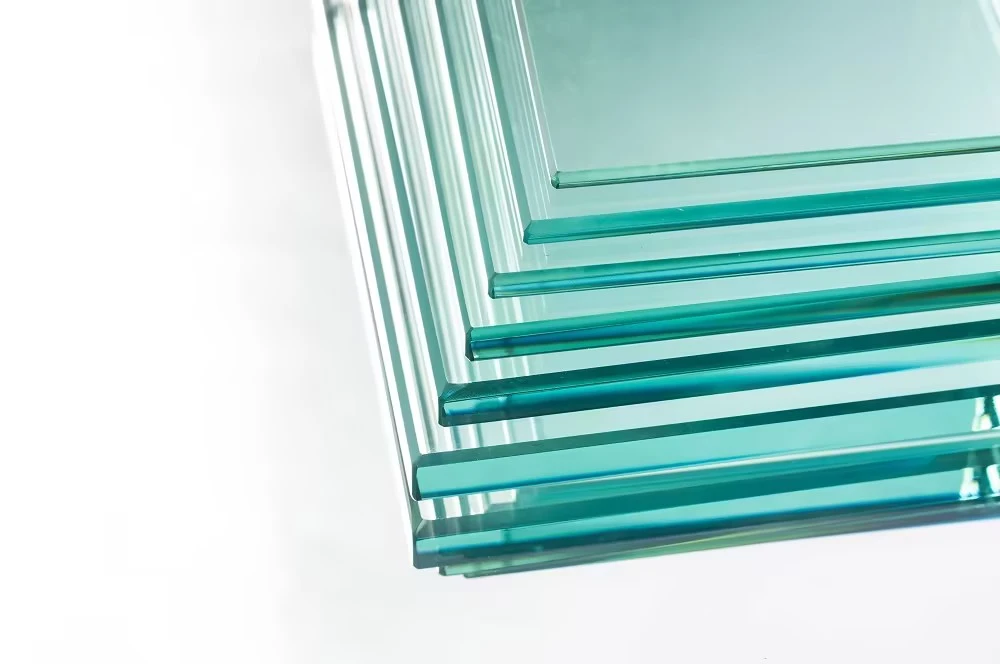

Understanding 4mm Float Glass Characteristics, Uses, and Benefits
Float glass, particularly 4mm float glass, plays a significant role in various architectural and industrial applications due to its unique properties and versatility. Float glass is produced through the float glass process, which involves floating molten glass on a bed of molten tin. This method results in glass that is uniform in thickness and has excellent optical clarity.
Characteristics of 4mm Float Glass
One of the primary characteristics of 4mm float glass is its thickness. At 4mm, it is considered relatively lightweight and thin, which makes it an ideal choice for a variety of applications. The glass has a high level of transparency, allowing for maximum light transmission while providing clear visibility. Additionally, float glass features a smooth surface, which is aesthetically pleasing and easy to clean.
Another important trait is its chemical composition. Float glass is typically made from silica sand, soda ash, and limestone, making it resistant to various environmental factors. This resilience means that 4mm float glass can withstand exposure to UV light without significant degradation, ensuring its longevity in outdoor applications.
Uses of 4mm Float Glass
4mm float glass is widely used in both residential and commercial settings. In the realm of architecture, it is often utilized for windows, exterior facades, and glass doors. Its clarity and optical properties make it an excellent choice for displaying products in retail environments. Furthermore, in residential settings, it is frequently used for shower enclosures, glass tablets, and interior partitioning.

In addition to its use in architecture, 4mm float glass is also favored in the manufacturing of furniture. It can be shaped and cut into different designs to create tabletops, shelves, and decorative elements, contributing to the modern aesthetic of interior design.
Benefits of 4mm Float Glass
The advantages of using 4mm float glass are numerous. Firstly, its lightweight nature makes it easier to handle and install compared to thicker glass options. This can result in lower transportation and installation costs. Moreover, the glass's clarity enhances natural light flow within spaces, which can improve the overall ambiance.
Additionally, 4mm float glass can be treated to enhance its features further. For example, it can be coated for added UV protection, improving energy efficiency in buildings. It can also undergo physical treatments for added strength, transforming it into tempered or laminated glass suitable for high-traffic areas.
Conclusion
In summary, 4mm float glass is a highly versatile material that combines aesthetic appeal with practical functionality. Its lightweight, strong, and transparent properties suit a wide range of applications, from architectural designs to furniture manufacturing. As the demand for such materials continues to grow, understanding the unique properties and benefits of 4mm float glass remains essential for professionals across various industries.